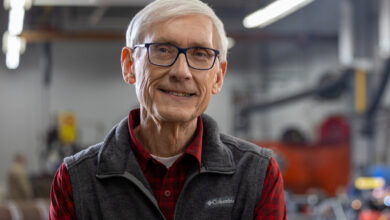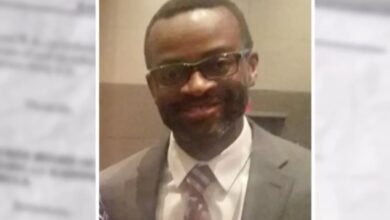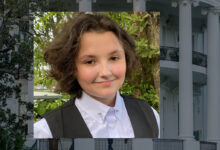
Houston Doctor’s Study Reveals Rampant Discrimination Against Gay Patients
Joseph Varon says one in five medical professionals worldwide reported faith-based bias.
By Kim Hogstrom
Joseph Varon is a celebrated Houston pulmonologist with an insatiable curiosity about the world, and a deep commitment to human rights.
Throughout his career, Dr. Varon says he has witnessed discrimination in every corner of the medical profession—from doctors and nurses, in clinics and hospitals, and in teaching environments. The fierce ally says this discrimination has been particularly flagrant toward LGBTQ patients—a fact that gnawed at him.
Were his observations anomalies, or disturbing snapshots of the larger medical community? He was determined to find out.
Varon proceeded to design a 30-question anonymous survey and send it to 12,000 professionals working in 147 healthcare institutions in 40 countries around the world. The questionnaire was issued in multiple languages and went to people in all types of medicine. About 3,000 (or one quarter) went to practitioners in the U.S.
Respondents were asked about their religion, gender, and age, in addition to their attitudes. “Do you feel comfortable working with a homosexual colleague? As a healthcare provider, does a patient’s race affect your treatment of them? Do your religious preferences affect the way you treat homosexual patients?”
A total of 10,106 questionnaires were completed and returned.
“I was in shock when I started to organize the data,” Varon says. “Roughly one in five reported treating homosexuals differently from straight patients, based on their moral or religious beliefs. That’s 20 percent.
“In which century are we living—the 1800s?” Varon adds. “I found it difficult to believe at first. It still alarms me every time I look at it.”
Were the survey results possibly skewed by responses from countries known for anti-LGBTQ attitudes, such as Saudi Arabia or Pakistan? “Not at all,” Varon says. “If there was any difference at all, I would say that discrimination was less evident there. That surprised me. The fact is, it’s everywhere.”
While the survey used the term “homosexual,” there is little risk in assuming that if “LGBTQ” had appeared in its place, the number of medical professionals reporting religious objections would not have shrunk.
In fact, Dr. Gordon Crofoot, one of Houston’s leading physicians in LGBTQ healthcare, estimates that if more questions about transgender patients were added to the survey, the percentage of respondents reporting objections would have increased from 20 percent to 45 percent.
Crofoot established his practice in the 1980s to serve AIDS patients who were often shunned elsewhere. Today, he heads the largest privately owned research clinic dedicated to LGBTQ health and disease in the South. Dr. Abel Flores says he joined Dr. Crofoot’s practice to help patients who are not able to get help elsewhere.
“It is grotesque, the way the the medical community manages LGBTQ patients, and also people of color and the disadvantaged,” Flores says. “As a gay man myself, I experienced discrimination throughout my medical training and much of my career. What I have seen and experienced has left me mortified.”
And as bad as things are, they may soon be getting worse. In January, the Trump administration announced the addition of a new “Conscience and Religious Freedom Division” to the Office for Civil Rights (OCR) in the Department of Health and Human Services. According to a news release, the division’s purpose “is to protect healthcare professionals who refuse to provide services that contradict their moral or religious beliefs. “
OCR’s director, Roger Severino, stated in the release, “No one should be forced to choose between helping sick people and living by one’s moral or religious convictions, and the new division will help guarantee that victims of unlawful discrimination find justice. For too long, governments big and small have treated conscience claims with hostility instead of protection, but change is coming and it begins here and now.”
OutSmart asked Dr. Veron what can be done about this disturbing development.
“The first thing we need to do is add training geared specifically for treating LGBTQ people in all medical schools,” he says.
“Following that, most medical professionals are required to take continuing-education courses. We need to add training on the care of LGBTQ patients in all areas of medicine. These steps would make a big difference.
“There have always been [antigay medical professionals], and there may always be,” Varon adds. “But we can diminish their numbers through education. Maybe then they will dissolve into history. It’s certainly time to try.”
Varon presented the preliminary results of his survey at the fall annual meeting of the American College of Chest Physicians in Toronto. He hopes to have a paper published in a prominent journal in the next year.
This article appears in the April 2018 edition of OutSmart magazine.











Comments